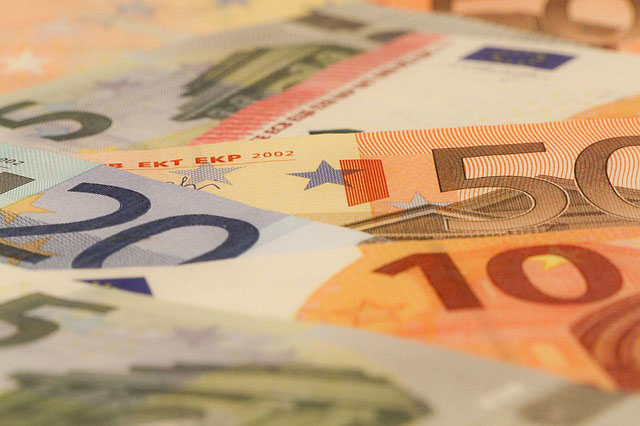An article recently added to the 2022 French budget extends the scope of anti-tax avoidance rules to certain trust situations, according to Virginie Deflassieux, director of French taxation at BDO in Guernsey.
In a briefing note for BDO, she said that the National Assembly had recently added an article to the French 2022 budget, aimed at guaranteeing the application of article 123 anti-tax evasion (CGI), within the framework of certain French linked trusts established in low tax jurisdictions and which mainly hold financial assets.
The new measure will concern settlors and beneficiaries who are French tax residents, treated in France as “deemed settlors” where the original settlor has passed. It introduces an automatic presumption that the required 10% stake in the investment holding settlement is met in order to tax its income and gains on a transparent basis.
The article clarifies that “the irrevocable and discretionary nature of a trust cannot be invoked alone” to attempt to avoid taxation.
As a safeguard, taxpayers who can demonstrate that the structuring of the investment is not primarily motivated by tax reasons may successfully avoid the imposition of Section 123 bis.
However, this potential safeguard against tax transparency only applies in the context of entities registered in a territory that has concluded with France an agreement to combat tax fraud and tax evasion and a specific aid agreement to tax collection.
Where the entity is located in a blacklisted jurisdiction, taxable income cannot be less than a set minimum return, which has been set at 1.18% for 2020.
The new provision applies from January 1, 2022 and the taxable income is deemed to be distributed on the first day of the month following the end of the entities’ financial year. For those with a December 31 year end, the distribution will be deemed to be made on January 1, 2022 and reportable in 2023 as part of the taxpayer’s 2022 income. Each case must be considered on a case-by-case basis to measure the full impact of the expanded scope of Article 123a.
Deflassieux said the changes mark a different approach by French tax authorities following past unsuccessful attempts to apply such taxation in the context of trusts.
“The burden of proof has shifted to the taxpayer. These new measures now clearly target irrevocable and discretionary trusts, broadening the scope of previous legislation, and we expect that in some cases this may lead to disputes, so we have to monitor this space.
“Practitioners will need to review their structures accordingly to understand how this affects their French tax resident clients, as this change gives the legislation a new set of teeth to bite into the profits of offshore trusts.”

